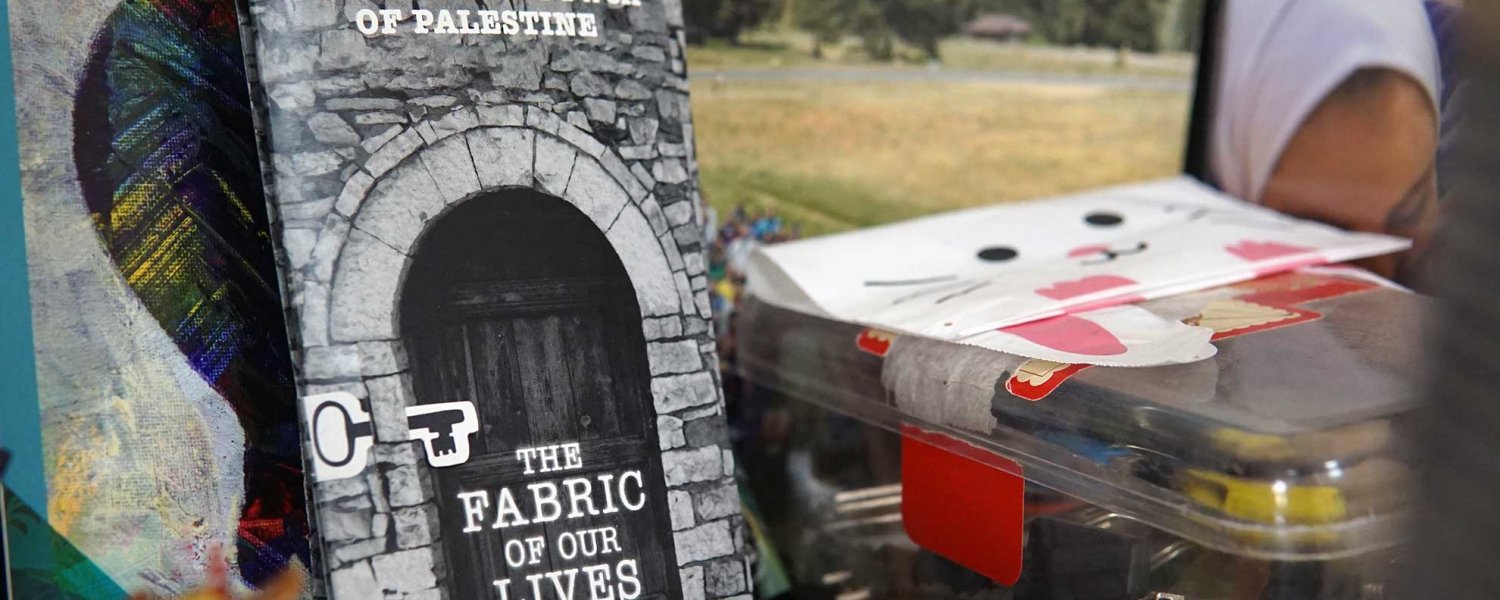The Young Women’s Christian Association (YWCA) has been serving the population of Jerusalem for more than 100 years, offering life-changing skills and training to women of all ages, backgrounds, and religions in Jerusalem and beyond.
It’s not hard to find the YWCA community center in Jerusalem. It’s bang in the middle of Sheikh Jarrah, in a colossal seven-story building with a huge, blue sign outside. This building used to be a hotel, which is why the reception area feels so luxurious and the ceilings are so high, with a wide, open stairway right in the center.
Over the years, the YWCA has maintained that air of hospitality. The people who come here really are guests. They travel from all over Jerusalem to learn new skills that increase their employability. Here, Jerusalem’s Palestinian population can enroll in subsidized secretarial, office management, modern kitchen, graphic design, fashion design, film, and photography courses. Seniors can enjoy craft workshops with their peers, while new mothers can get together with their babies. At the YWCA, you can attend a funeral service, a rooftop barbecue, a gymnastics lesson, and a careers fair all in the same day, but most important, people get to know one another and build community and friendships in a city where, for the Palestinian population, that is actively discouraged.
The YWCA—the women’s branch of the Young Men’s Christian Association—is a global nonprofit organization that focusses on empowerment, leadership, and the rights of women and girls in more than 100 countries. Founded in the United Kingdom in 1855 and in Jerusalem in 1918, the organization’s early courses taught women how to type, how to cook, and skills to work in factories. It was one of the first organizations committed to fighting for women’s rights and protecting women from gender-based violence.














